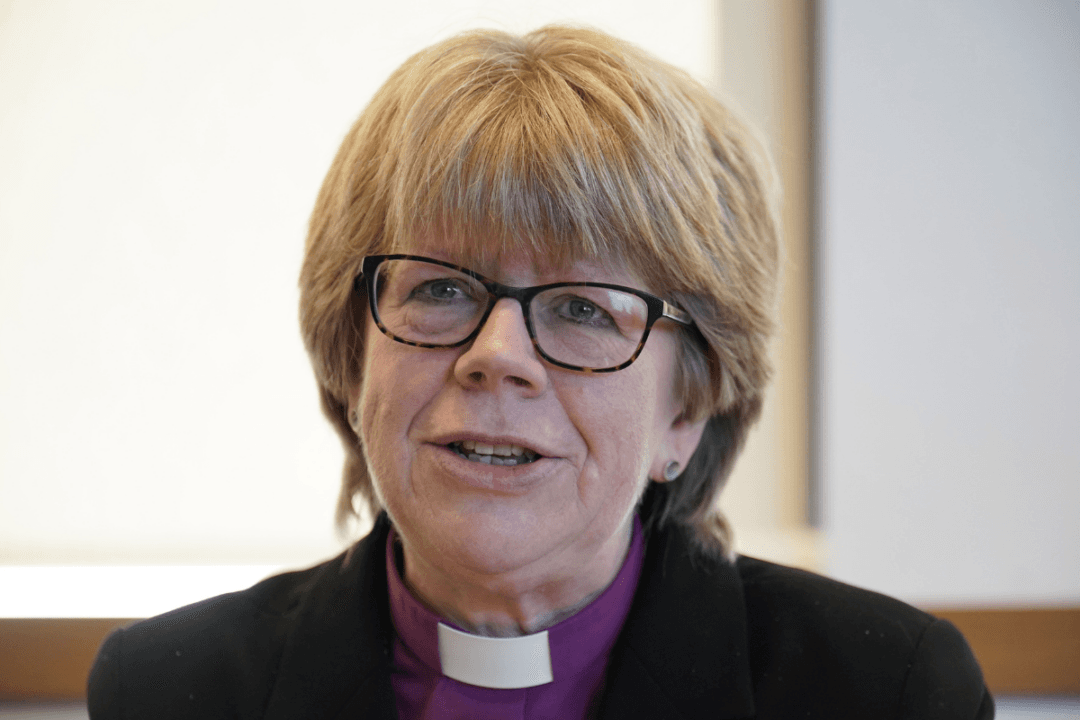Leaders from multiple faiths from across the UK have signed a letter opposing the state-assisted suicide bill due to be debated in the House of Commons on Friday.
Senior clerics, including Christians, Jews, Muslims, Sikhs, and Hindus wrote in the letter published in The Observer on Sunday that they were concerned that vulnerable people with terminal illnesses could feel coerced into ending their lives.





